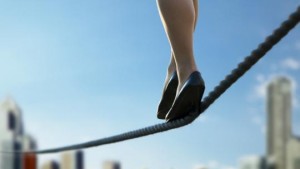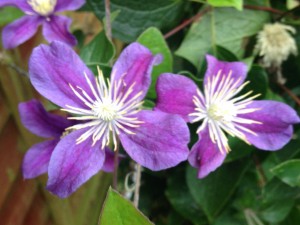Published in the Guardian, Seirian Sumner (Senior Lecturer at the University of Bristol) discusses how to get more women into top roles in Universities.
‘The paucity of role models for female scientists reinforces the stereotype of science as the preserve of middle-aged bearded men in white coats. There are numerous initiatives to dispel this image, such as the Wise campaign , Science Grrl and Soapbox Science. We’ve had some positive feedback on the Soapbox science events I run with my colleague, Nathalie Pettorelli. In Newcastle, one parent said that the best part for her had been the reaction of her daughter, who saw a female scientist for the first time there. Around 80% of visitors felt inspired to find out more about the subject covered. A school pupil at a London event said it had “led me to believe that women can also excel and attain success in such a complex field.” It’s early days yet, but these kinds of grassroots events are a a vast improvement on some of the efforts from the “experts”, such as the European Commission’s awkward “Science: it’s a girl thing” campaign.’
Follow the link to read the whole article – Sexism in Science
Do we need more role models? Who is yours? Are you a role model to someone? Could you be a role model?








